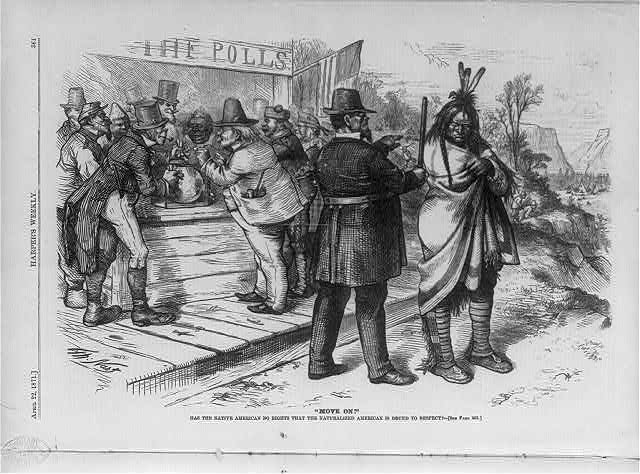1. The start of the genocide, discovering America

I remember learning in school about how Christopher Columbus “discovered” America. He met “Indians” and they helped each other out, hence thanksgiving and that was it. Only for me to learn that he actually murdered so many indigenous people while kidnapping some. I’ve always wondered why they didn’t discuss this in middle school and my only answer was that it was shameful to even teach the correct history. It was wrong to me because the whole point of history is to understand our mistakes and past, so why not be honest with ourselves and teach future generations of our mistakes. This led me to ask my grandma questions about her past.
2. Forced Removal

I remember my history teacher from junior year, who talked about the many ways indigenous people have been pushed back and oppressed. I remember thinking how true that statement is even to this day. Indigenous people are pushed back that they rather thrive in their communities, creating reservations to help them maintain our culture. It shouldn’t have to be like that but instead, we should embrace our culture like any other ethnic background. I think this challenge is different because the American people sort of demolished our culture, so how do we embrace it this far in?
3. Genocide continued, Boarding schools

My high school, Central High, is actually down the street from one of the Native American “boarding schools”. These “boarding schools” were in fact whitewashing indigenous people into living their American lifestyle. The school actually helped name one of the biggest streets in Phoenix called “Indian School Road”. Visiting the school only made me feel bummed out because my people were being brainwashed from what they knew, and even being killed. Most recently, I’ve seen on the news a lot of bodies being buried out from the schools from Canada grounds, some as young as 9. That just made me sick.
4. In the shadows

From what I learned from my grandmother’s stories and school, the genocide of indigenous people has always been kept quiet and never really talked about. My people have suffered in silence for way too long and that doesn’t sit right with me. The many families separated, the many people that were killed, and the many pain endured proceeded as something that never happened. One thing that needs to change in American culture is the discussion of the past sufferings of indigenous people. But recently, thanks to social media platforms, I’ve actually been seeing lots of coverage being talked about.
5. Discriminations

With my indigenous features being strong in appearance, I’ve always felt discriminated against no matter the situation. For example, I hate the fact that people can’t fight the urge to ask if I’m native American. I find it offensive when they start asking misinformed questions about tribes. I hate when people try to correct me on my knowledge, having nothing to do with indigenous people. Situations like these happen way more than you may think. It's sad to say that I hardly see indigenous people in any demographics, they are mostly the lowest % there is.
6. Lost Culture

I’ve come to terms a long time ago that I will never get to practice indigenous people's culture and religious practices because my grandmother wasn’t even able to practice. One of the social media platforms, Tik Tok, is one of the few that I see millions of people showing support for indigenous people's lost culture. I’ve actually been learning a lot about our culture from one content creator Lance Tsosie. I sort of enjoy him calling out people for using or disrespecting our culture in any way. But he's just one example of how my goal, to get people to acknowledge indigenous people’s suffering, may just happen in my future.
7. Identity

I like to say that Tik Tok helped me embrace my true identity more. In the world of Tik Tok, everything is relatable, and I like to think there are other people out there that feel the same way with indigenous people, content creators, it's empowering. I show my grandmother these videos and it just makes her so happy. She says her dad would’ve loved it. I also remember doing a research report last year, and I learned that a part of identity crisis issues, culture, can play a huge role in it.